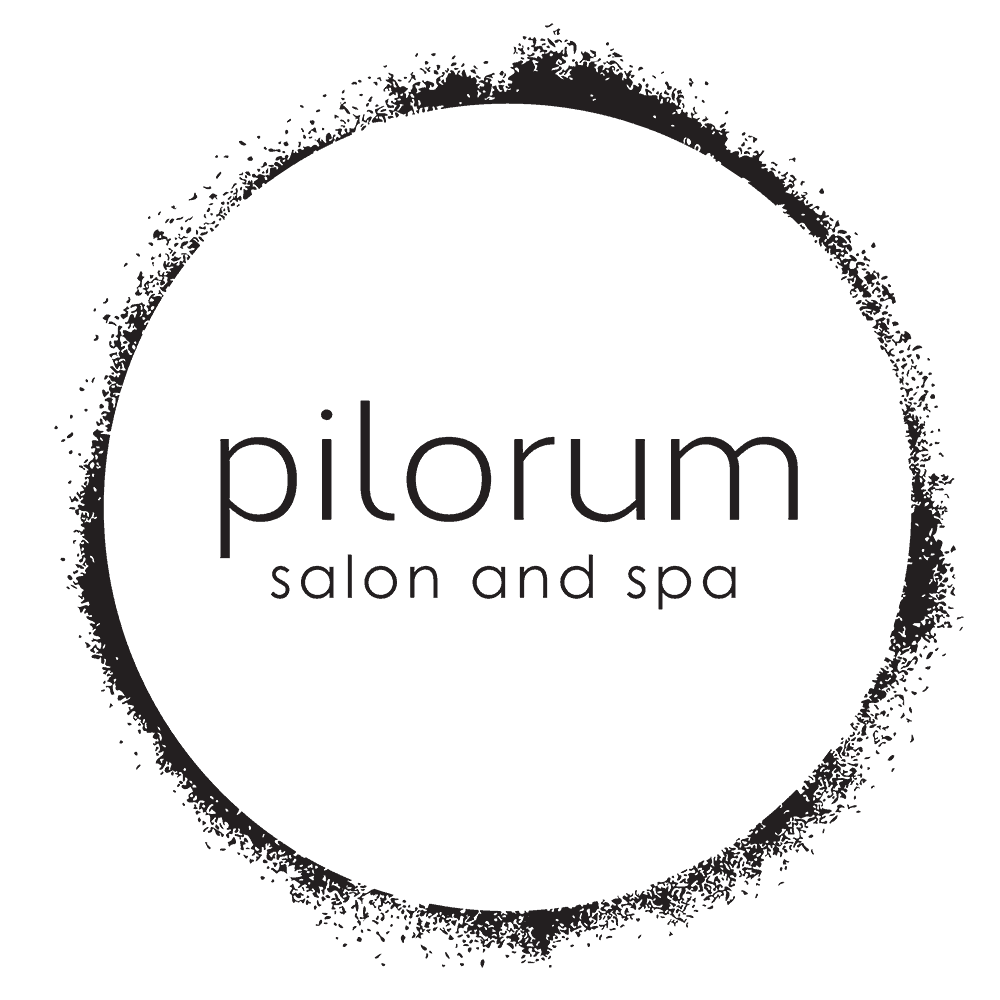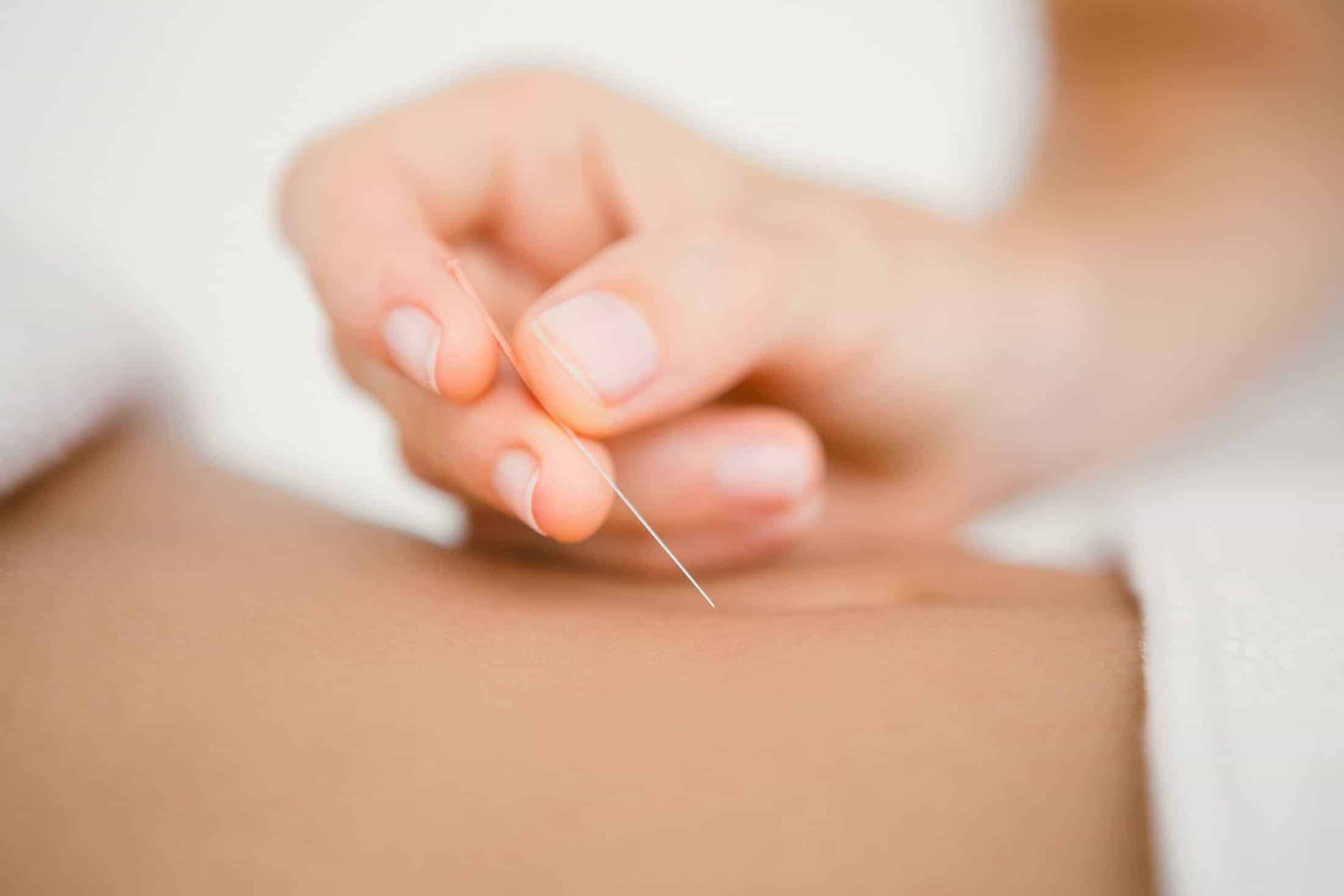Acupuncture holds a time-honored place in human tradition for one simple reason: It works! Adherents of acupuncture, not to mention its practitioners, will tell you that the non-intuitive practice of sticking needles into your skin is quite healing indeed. People feel better, sleep better, look better…you name it. Chances are good if you want to make a health or beauty improvement, acupuncture might work for you too.
Pilorum Spa’s resident Traditional Chinese Medicinal expert Gail Kimura is a nationally board-certified, licensed acupuncturist. She graduated magna cum laude from Midwest College for Oriental Medicine. “For most of my life, I’ve had an interest in a holistic approach to health. This is what led me to pursue a career in Traditional Chinese Medicine”. Her approach is to treat the individual, not the disease by working with each patient to develop the best treatment for them. To make treatments more effective, the incorporation of other modalities such as cupping, guasha, infrared heat and light therapy, nutrition and herbal supplementation.
But what exactly is acupuncture and how does it work? Does it really carry as many benefits as users claim and does it have any risks? Lastly, who is it for? We’ll be answering all of these questions and more in this acupuncture therapy crash course, so stay tuned.
What Is Acupuncture?
Acupuncture is the insertion of tiny needles at specific points throughout your body, with the goal of relieving pain and providing other medical benefits. The needle is inserted very shallowly, often with the help to a small tube that guides the needle into place and allows the acupuncturist to set it perfectly. Often you do not feel anything, though sometimes you may feel a sharp zing at the insertion site.
After needles are placed, you remain still for a period of time – anywhere from 15 to 45 minutes, though your practitioner may recommend a longer period of time in rare cases. Afterwards, the practitioner removes the needles by pulling them out, a procedure that also does not hurt.
How Does Acupuncture Work?
Ancient Chinese medicine uses a system of meridians (14, to be exact). Think of these like paths all over the body, with different colors for different bodily systems (stomach, heart, kidney, etc.). These meridians govern the behavior of the body’s internal structures. Because it is difficult to get inside the body without invasive surgery, acupuncture provides an alternate route: stimulating these meridians on the outside of your body to effect change on the inside.
By using needles to stimulate specific points along the meridians, and sometimes in other places of the body, the acupuncturist increases the flow of energy through those points. This energy, known as qi (pronounced “chi”) promotes blood flow, decreases pain and speeds healing.
The benefits of acupuncture are not limited to internal organs. Some points stimulate skin, hands and feet, scalp, the immune system and more. If you have been experiencing problems ranging from your basic health to your physical appearance, acupuncture could be the answer.
What Are the Benefits of Acupuncture?
While many people class acupuncture with a variety of other non-traditional treatments and therefore might be tempted to dismiss its validity, acupuncture is actually pretty well attested in medical literature. Benefits include its ability to:
- Speed healing from injury
- Decrease pain and discomfort for conditions such as arthritis, herniated discs, whiplash and more
- Promote fertility
- Reduce pain associated with headaches and migraines
- Decrease insomnia
- Soothe anxiety and depression
- Decrease dental pain
- Decrease pain associated with labor and menstrual cramps
- Reduce the symptoms of Irritable Bowel Syndrome, nausea, vomiting
- Make the side effects of chemotherapy more tolerable
- Boost your mood
- Relax muscle spasms
- Reduce the effects of allergies
- Soothe muscle cramps
- Help you bounce back from workouts
- Treat neurological problems
- Increase alertness
- Relieve respiratory conditions such as sinusitis and asthma
- Help rehabilitate stroke victims
… and more. Acupuncture also has benefits specifically related to beauty. It decreases puffiness, clears up acne and rosacea, tightens and tones your skin, and rejuvenates dull complexions. If you’re worried about your skin, acupuncture can provide a significant degree of relief.
Plus, the face and body are very much intertwined in the practice of acupuncture – many points on the body affect the face, and vice versa. Considering this, it’s a good idea to view acupuncture therapy as a holistic practice that improves both your health and enhances your beauty all in one fell swoop.
Many of these benefits are increased when acupuncture is used in conjunction with massage, aromatherapy, chiropractic care and other forms of alternative medicine. Ditto when acupuncture is provided in conjunction with beauty treatments such as facials and scrubs. You can ask your practitioner at the time of treatment about other services that might complement acupuncture, like facial rejuvenation and LED light therapy.
Are There Any Risks?
As we’ve discussed above, there’s very little pain associated with acupuncture. At most you might feel a light pain, like a cat scratch, for a brief moment while your body acclimates to the needle. Sometimes, when the area of the body stimulated by that particular meridian really needed relief, you may feel a sharper pain – that is a sign it’s working.
There are slight risks of acupuncture. They include soreness at the insertion points, which may occasionally occur. They also include puncture of an internal organ if the needle is inserted too deeply or infections at the site of an unclean needle. This almost never happens, however, as needles are inserted just under the top few layers of skin and rarely come anywhere near the bottom layers, let alone the tissues beneath. It almost certainly won’t happen if you work with a licensed, trained acupuncturist rather than a lay acupuncturist (run away!).
Some people are not good candidates for acupuncture, include those on blood-thinners or who have pacemakers, especially if the acupuncture requires the use of mild electrical pulses. Ask your doctor before getting acupuncture while pregnant.
Who Is Acupuncture For?
In 1991, the World Health Organization developed A Proposed Standard International Acupuncture Nomenclature Report in which they identified 361 acupuncture points throughout the body. Practitioners of traditional Chinese medicine, however, sometimes use as many as 2,000. If nothing else, this is a fairly good indication that no matter what problem you’re suffering from – physical, emotional, aesthetic – there’s probably an acupuncture point for you.
With the exception of the above-mentioned risks, anyone should feel safe using acupuncture as an additional tool in their beauty and health toolkit. Many insurance companies even cover acupuncture, either partially or completely, so talk to a Pilorum acupuncturist about the possibility of working this and other types of holistic healthcare into your routine.
At the end of the day, it’s unlikely that a single acupuncture treatment will completely revamp your complexion or kill the pain from a chronic injury. It will, however, begin the process of healing. More importantly, acupuncture brings an ever-increasing balance to your life that, over time, continues to deepen and stabilize. This will lead to a fresher, happier you more quickly than you would have thought possible, so take a cue from thousands of years of human history and give acupuncture a go!
To learn more about our acupuncture treatments in Niles, book an appointment or contact Pilorum Salon and Spa today.

